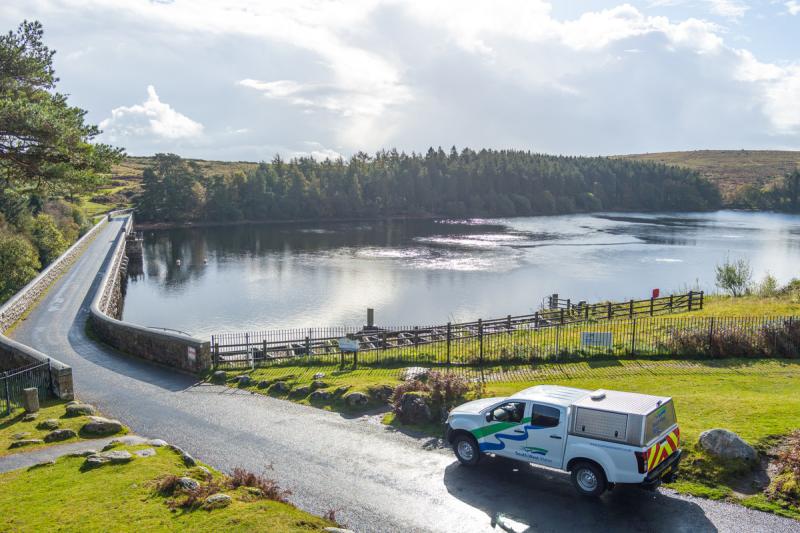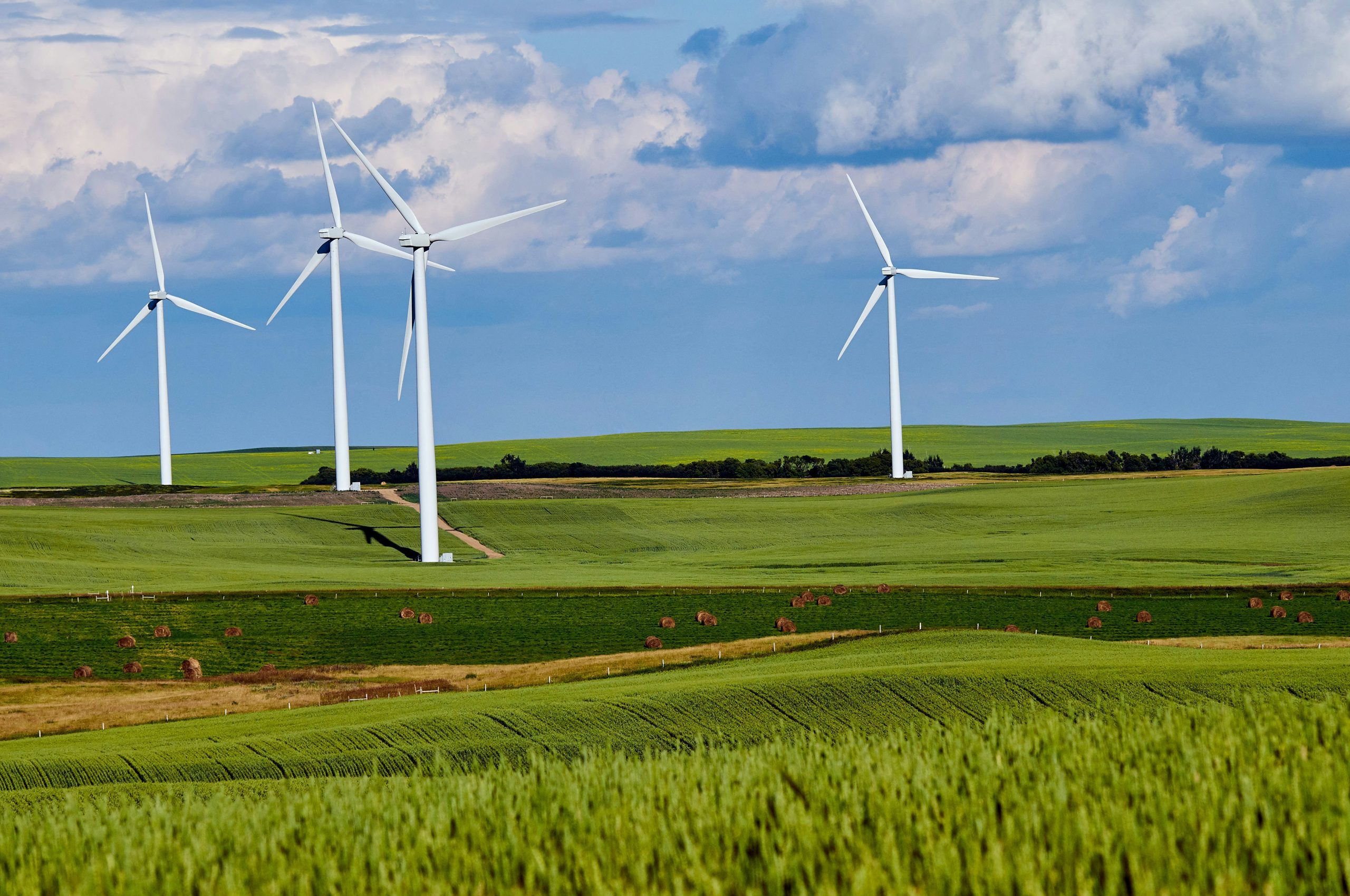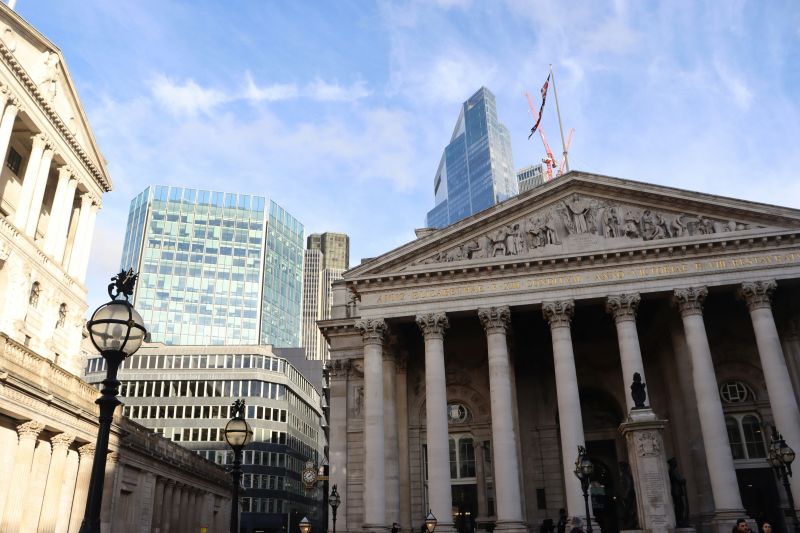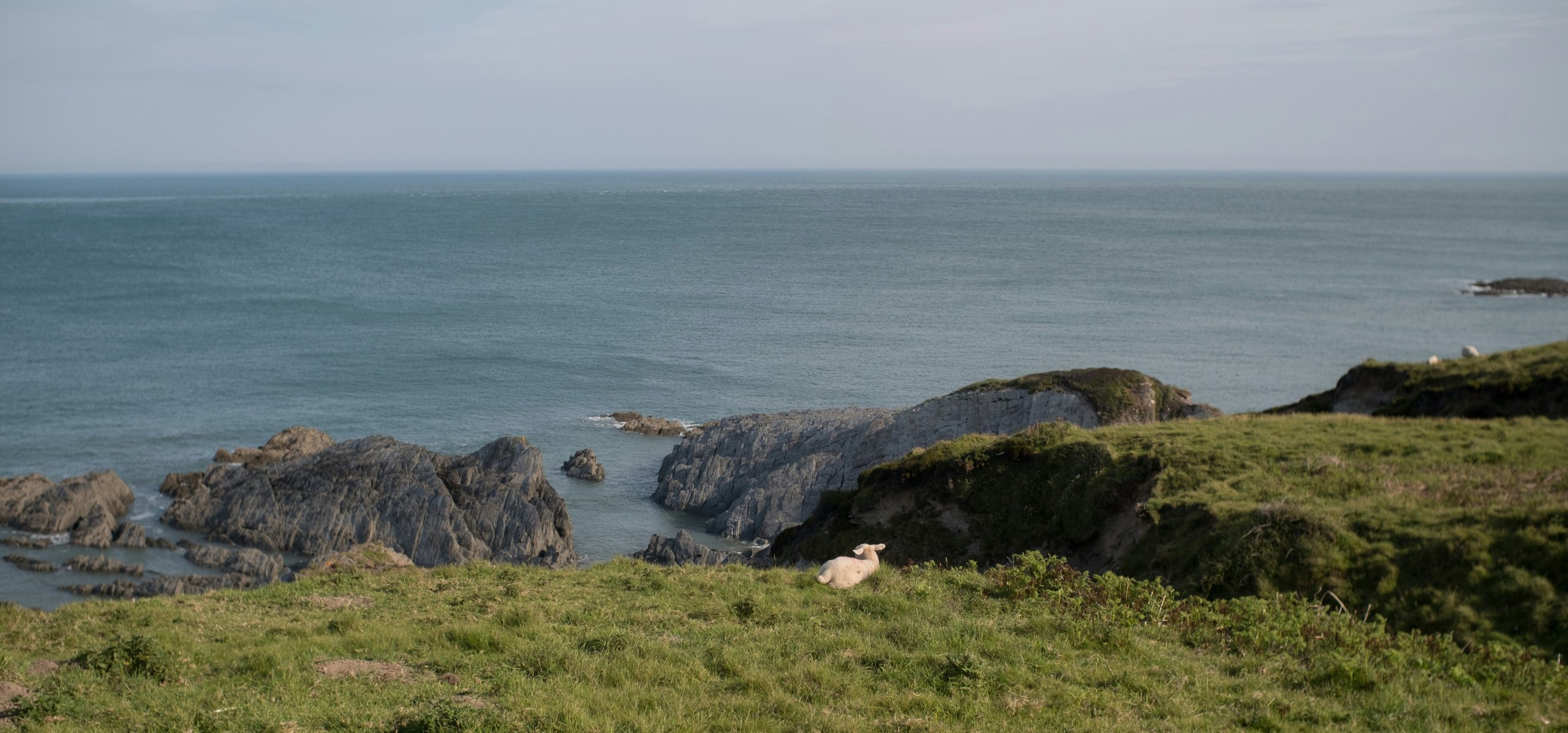Criticism is focused on the quality of our rivers and beaches

One of the region’s biggest companies is South West Water – obviously well known to us all.
Their responsibilities are far more than just providing quality drink water in our taps. They cover a vast range of water and waste management and flood control functions. They have for years been a favourite target for criticism by the media normally because of concerns over a lack of investment in critical infrastructure and a perceived ‘fat cat’ mentality whereby huge executive salaries are paid and eye watering dividends are distributed to their shareholders.
In fact the worst performers in the country are probably Thames Water who have recently had to repay a record £101m to customers for numerous failures and Southern Water who have missed all but one of their performance targets.
For Northern Devon this criticism is normally focused on the quality of our rivers and beaches – critical for our communities and our holiday industry.
Their track record, particularly in our sub-region is not great with recurrent incidents of raw sewage polluting our world class beaches. Most recently the water regulator OWAT has imposed a fine of £2.12 m.
This is the largest ever fine imposed for an environmental pollution offence in the region. Nobody at SWW is complacent about this and importantly the company are not ducking the urgent need to prevent a recurrence. Sadly however the state of our sewage system and the problems of overflows during high levels of storm water discharge will inevitably mean more of the same in the future.
The critics will continue to have a field day as the cost of cleaning up the coastline, which started in the early 2000s, is astronomical and has already meant that customer bills have dramatically increased to cover the cost. We should also not ignore the fact that much pollution arises from poor practice by our manufacturing and agricultural industries.
What lies behind these headlines is an extraordinary and complex company who make a huge contribution to the regional economy. A small example of their business ethics is the leadership of their CEO Susan Davy who has personally forgone bonus and voluntary taken a significant salary cut.
This however cuts little ice with hard pressed households and businesses faced with increases in their water bills.
This whole debate is about to become a whole lot more interesting.
Water Bills are capped by the water regulator OWAT. Every 5 years however the cap is reviewed against proposal by each water company for new investment in their network.
South Water has therefore just submitted their latest business plan to Ofwat for the period 2025-2030. It will see a £2.8BN investment in the region and will create 2,000 new jobs as part of the company’s commitment to its customers, communities, and the environment.
The intent is to deliver on missed targets, stop leaks and crucially reduced further pollution. This plan will create up to 2,000 jobs in our communities, as well as opening the door to 1,000 apprenticeships and graduates. At the same time, they hope to do more with less, by driving efficiency and innovation, with a nature first principle, keeping unwelcome bill increases as low as possible.
The investment programme has been the result of comprehensive customer engagement, research and collaboration with over 30,000 customers and 1000+ stakeholders including environmental groups.
It is deigned to tackle four key priorities.
Water Quality and Water Resilience: This involves investing in new treatment works, reservoirs, and addressing lead pipe issues.
- It will be achieved by upgrading a third of water treatment works in Devon and Cornwall.
- Reducing leakage on our networks to less than 10% and less than 4% on customer properties
- Creating a water grid to ensure all our strategic reservoirs are connected
- Investing in large reservoirs, starting with Cheddar 2 in Bristol
Tackling Storm Overflows and Pollution: They have pledged to eliminate storm overflows at bathing and shellfish waters by 2030, a decade ahead of government mandates.
- Tackle every bathing beach by 2030 – 5 years ahead of target
- Building trust in our bathing water quality with a commitment to a sampling a monitoring programme
- Taking a ’Green First’ principle for tackling storm overflows
- Achieve the lowest in sector pollution levels, with zero ‘serious’ pollutions
Delivering for Customers and Addressing Affordability: Despite doubling their investment program, they have committed to keeping bills as low as possible and supporting people through the cost of living crisis.
- Extend their zero-water poverty pledge to 2030
- Ensure fair charging for all their customers
- Accelerate smart metering, helping household customers use 5% less water
- Introducing a £200M affordability package to support their customers
Reaching Net Zero and Enhancing Environmental Gains: They are dedicated to achieving Net Zero by 2030, investing in climate-independent water sources, and strengthening their environmental efforts.
- Planting 300,000 trees to boost nature recovery
- Launching a 1,000 ponds initiative and a new £2m Nature Recovery Fund
- Recycling more waste and generating enough energy to power 20,000 homes
- Expand their award-winning Upstream Thinking catchment management programme to deliver 146,500 hectares by 2030
They also have pledged to extend their ‘The Right Deal for Right Now’ plan which reflects their commitment to responsible financing, with two-thirds of their investors being customers, charities, employees, and UK pension funds.
Their plans will also help create around 2,000 jobs in the region, helping bolster the regional economy, and alleviate the cost of living crisis as well as delivering 1,000 apprenticeships and graduates.
All this means that our bills will go up from £504 pa to £620 pa for both water and waste water services. In total a 23% increase.
The bills are to be staggered with increases starting at £1 and rising to £3 average per month.
The implications of this are huge with a lot of short term pain in pursuit of long term again. South West Water is our company who are willing to talk. We need to have a full debate with them as we enter this critical period.









